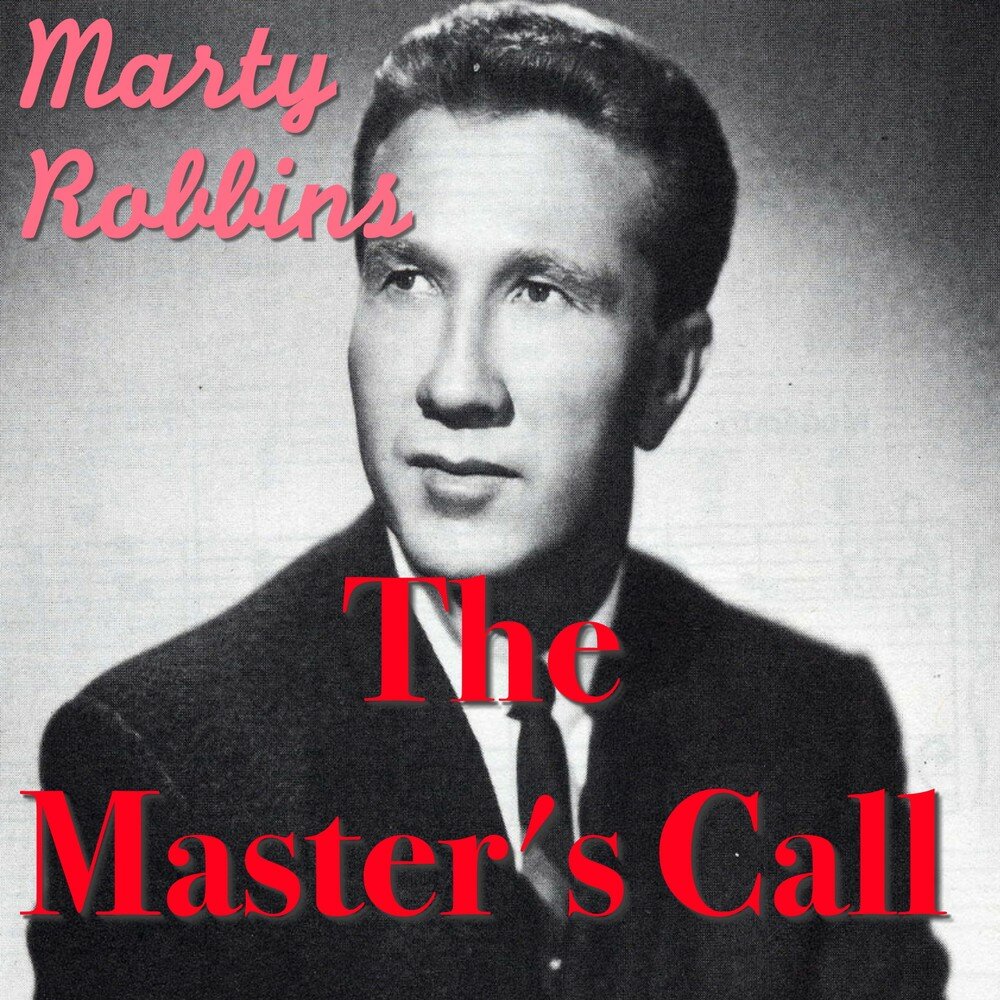
Marty Robbins – The Master’s Call: A Tale of Redemption and Divine Intervention on the Lonely Trail
Ah, there are certain songs, aren’t there? The ones that truly settle in your soul, not just for the melody, but for the story they tell. And when you speak of Marty Robbins, you speak of a master storyteller whose voice, as clear and wide as the Arizona sky, brought the Old West to vivid life. But even among his legendary “gunfighter ballads,” there is one track that stands apart, trading the smoke of six-shooters for the light of divine grace: “The Master’s Call.”
This is a deep cut of profound faith, found nestled on the truly iconic 1959 album, Gunfighter Ballads and Trail Songs. While the album is rightfully famed for chart-toppers like “El Paso” (which topped both the Country and Pop charts, and helped the album peak at Number 6 on the U.S. Pop Albums chart) and “Big Iron,” “The Master’s Call” offers a vital counterpoint. It wasn’t released as a major single itself, and thus you won’t find it with the typical high-ranking chart positions of its album-mates. Its impact was far more personal, more spiritual—it charted straight to the heart of the listener, especially those who cherished their faith.
The moment this track begins, with its somber acoustic guitar and those haunting, mournful background vocals from The Glaser Brothers, you know you’re in for something weighty. It’s a classic example of the narrative brilliance that defined Marty Robbins.
The song is a heartfelt autobiography of a young man who ran away from a loving home—leaving his mother and father grieved—to pursue a life of sin and lawlessness with an outlaw band. This is a story familiar to many who have wrestled with regret over a youthful misstep or a wasted year.
The emotional climax arrives one fateful, terrifying night while the narrator and his band are rustling cattle on the trail to Mexico. A violent “norther” (a sudden cold wind or storm) sweeps in, marked by flashing lightning. In this terror, the narrator is thrown from his pony during a massive cattle stampede—a truly frightening scenario in the Wild West, where a thousand head of running cattle meant certain death.
In this moment of absolute despair, as the “wicked past unfolded” and he prepared to pay the ultimate price, a miracle occurs. A “mighty bolt of lightning” not only strikes nearby, killing a hundred head of steers and forming a barricade six or seven high that saves his life, but—more importantly—it reveals “the face of Jesus Christ.” The outlaw, brought to his knees by terror and awe, cries out for mercy, dedicating his life to God.
The raw, sincere emotion in Robbins’ delivery, particularly in that pivotal verse where the conversion happens, is what makes this song so powerful. It transcends mere country music or Western folklore; it becomes a powerful, enduring testament to redemption and the idea of a second chance. The core message is clear and deeply comforting: that God has a reason for everything, and that salvation is possible even for the most hardened sinner, often arriving when we least expect it.
This theme was deeply personal for Marty Robbins. He was a man of great religious conviction, and his faith often quietly infused his music. “The Master’s Call” isn’t a typical religious hymn, but rather a compelling personal narrative set against the backdrop of the American frontier—a perfect marriage of his love for Western storytelling and his bedrock belief in a benevolent Master.
For many of us, especially those who grew up listening to the pure, undiluted storytelling of classic Country music, this song is more than a track; it’s a shared memory of Sunday mornings or long car rides, a quiet comfort that whispers, It’s never too late to turn back. It reminds us of a simpler time, when an artist could hold an audience captive with nothing but a gentle guitar, a powerful voice, and a story about finding the light in the deepest darkness of the trail. The way he sings, “My wicked past unfolded, I thought of wasted years,” truly resonates with anyone who has ever looked back on life with a sense of regret, only to realize that grace was waiting all along. It’s arguably one of the most powerful and enduring pieces on the entire Gunfighter Ballads collection, a true gem of the trail.